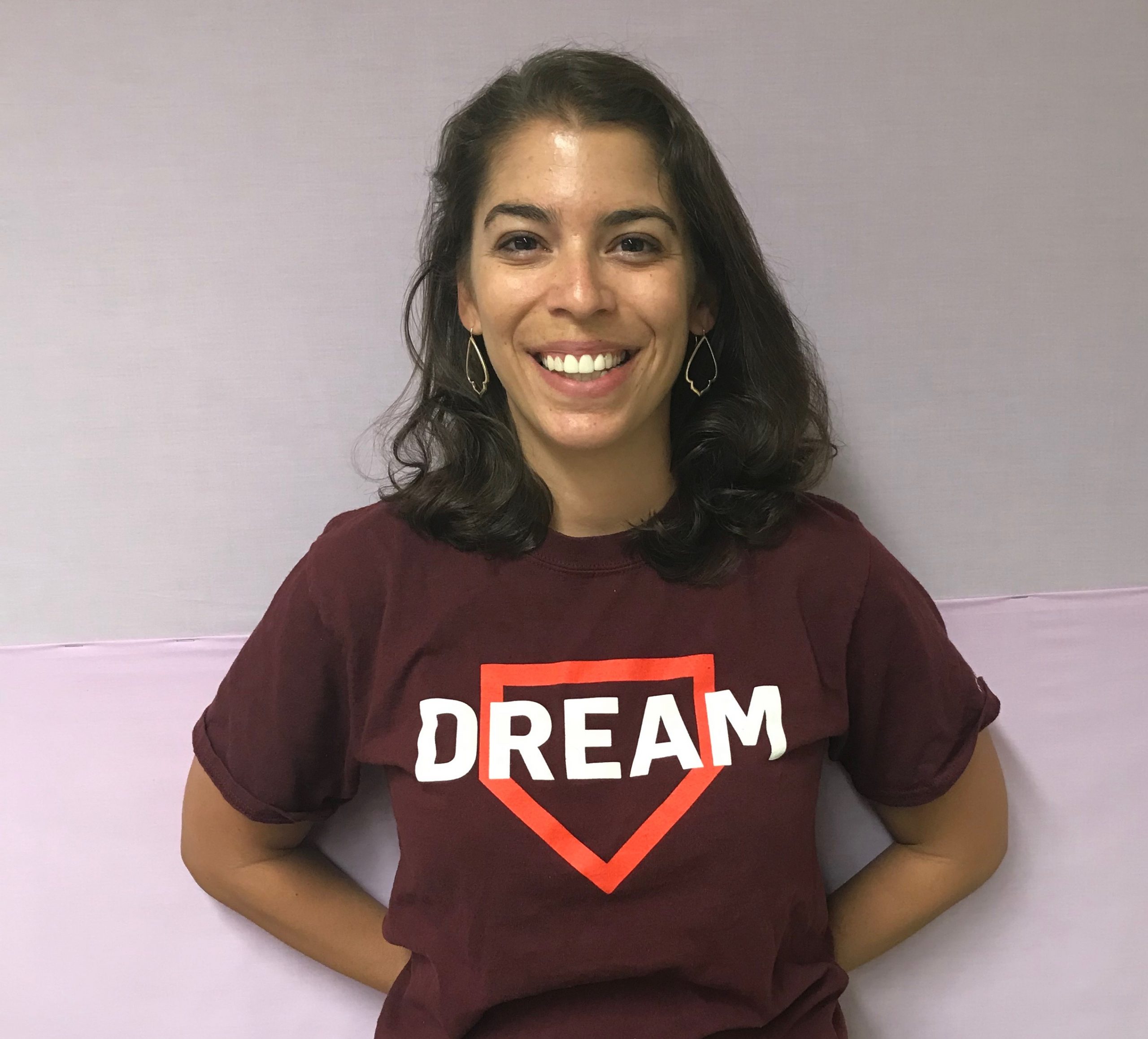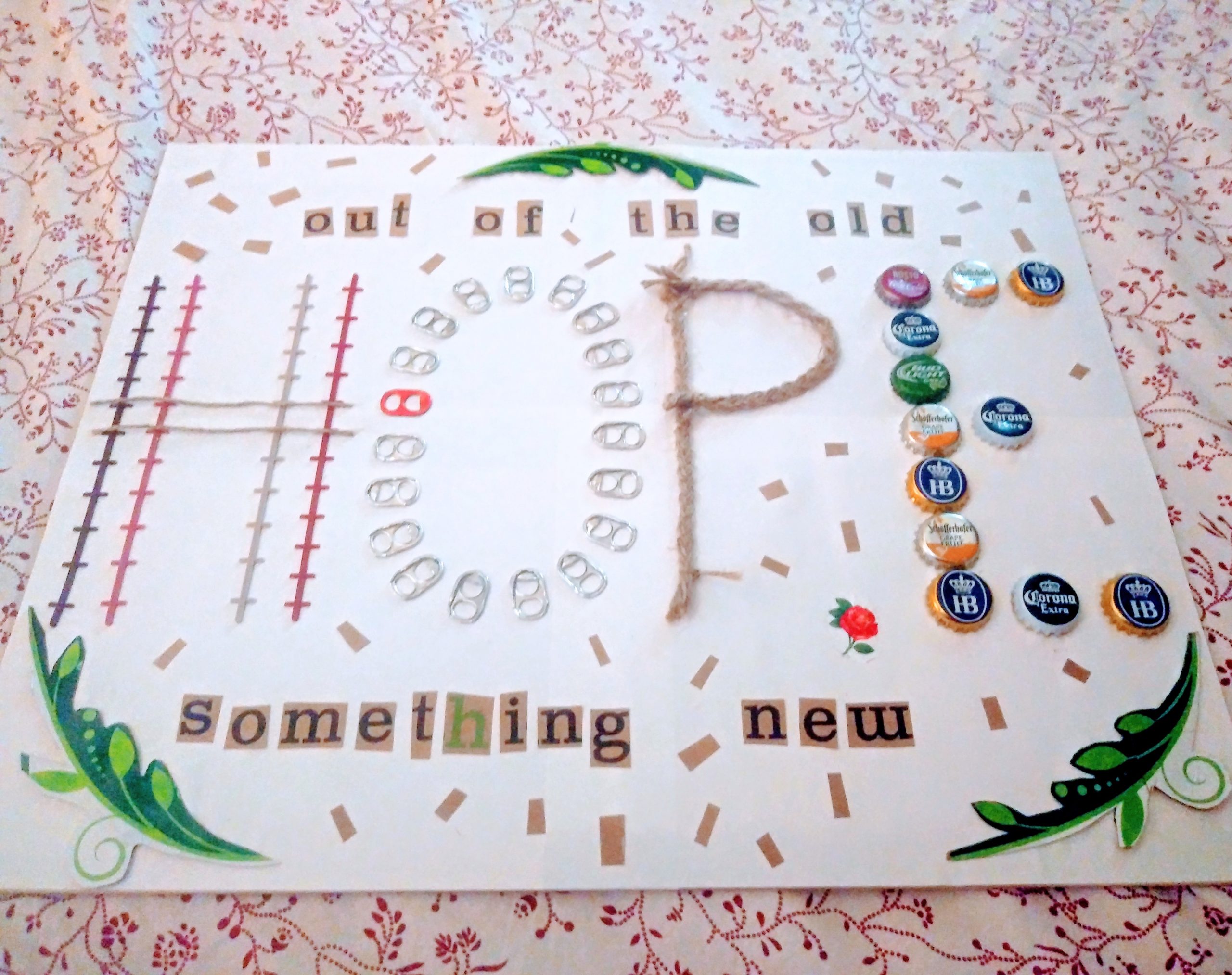The Leadership Initiative invited its members to reflect on different aspects of leadership, bringing to light unique pathways, approaches, challenges and lessons learned. TLC hopes that through this series you get to know these diverse individuals and take away an appreciation for their journeys and leadership skills and its impact on the lives of children, families, their staff and communities.
Christine Wicks is the founding Pre-K Director at DREAM Charter School in East Harlem, NY. She began her career in early childhood in Washington, D.C. at Appletree Public Charter School, first as a Teaching Fellow and then a special education teacher. She earned her Master’s of Education in Early Childhood Special Education from The Johns Hopkins University. Christine has also taught Kindergarten and First Grade at Uncommon Schools here in New York City prior to founding the Pre-K program at DREAM in 2015. Christine is a member of the New York Early Childhood Professional Development Institute’s Leadership Initiative and was recently appointed to the Initiative’s Advisory Board. She is the proud mother to her 7-month-old daughter, Isobel, and enjoys cooking and reading in her free time.
What experiences or individuals inspired you to pursue a career in early childhood and a leadership role? Tell us about those experiences and/or individuals.
In college I volunteered my senior year at a child development center in a fully inclusive classroom. This was the first time I saw the power of children of all different abilities learning and thriving in the same environment. I learned how important the early years of a child’s education are and how much they impact the years to come. I have been very fortunate in my teaching career to work with many inspiring female leaders. The principal I worked with in my first year of teaching, Anne Malone, was a strong leader who believed in every child’s potential and made it her business to follow students and families on their journeys after they graduated from our program. This is one of my favorite parts of my current role. My school, DREAM, serves children from Pre-K all the way through high school.
What has been a significant challenge you face as a leader?
As a leader, your ‘to-do’ list will always be full and there are so many competing priorities. You can easily spend a whole day in your office doing desk work. I make it a point in my program to spend time every day in classrooms, observing, teaching, and helping with daily tasks. This not only helps to build community and trust with my teachers but also keeps me fresh in my teaching practice. I am a big believer in, ‘If you don’t use it, you lose it!’ I live by my calendar, so I always make sure to schedule in classroom time each day.
Who are you currently as a leader and who do you want to become? In other words, what goals do you have for yourself?
Currently as a leader, I am someone who feels a sense of success when those on my team are thriving in their current positions. When teachers who I supervise learn a new skill in the classroom or take on a new project with students, I feel a sense of deep satisfaction. I feel a sense of accomplishment through achievements of others. One goal I have for myself is to bring together teachers in the early childhood field in New York City to serve as thought partners and supports for one another during this challenging time. There is something very powerful about connecting with people who have the same lived experience as you do.
What is something others can do today to make their spaces/programs/relationships more inclusive?
Build a strong community among your staff. My school uses the RULER Curriculum out of Yale University for our social emotional learning for students and for staff as well. One part of the program is a document called a “Charter” that serves as an agreement among members of a team. At the beginning of each year, I work with my staff to write our Team Charter that lays out first, how we want to feel at work and second, what actions we will take to achieve those feelings. We use weekly staff circles to reflect on the week and to check in on our charter agreements to see where we are living up to them and where we may be falling short. These consistent circles keep our lines of communication open and honest among our staff. Another practice I would greatly encourage teams to do is to engage in the writing and sharing of one owns Racial Autobiography. This was a powerful practice my organization engaged in this summer and helped us to build strong relationships with one another and allowed us space both individually and as a team to reflect on how race, racial experiences, and how racism has impacted our lives, perspectives, and experiences.
Jenna Pettinicchi is the Assistant Director of the Leadership Initiative.



